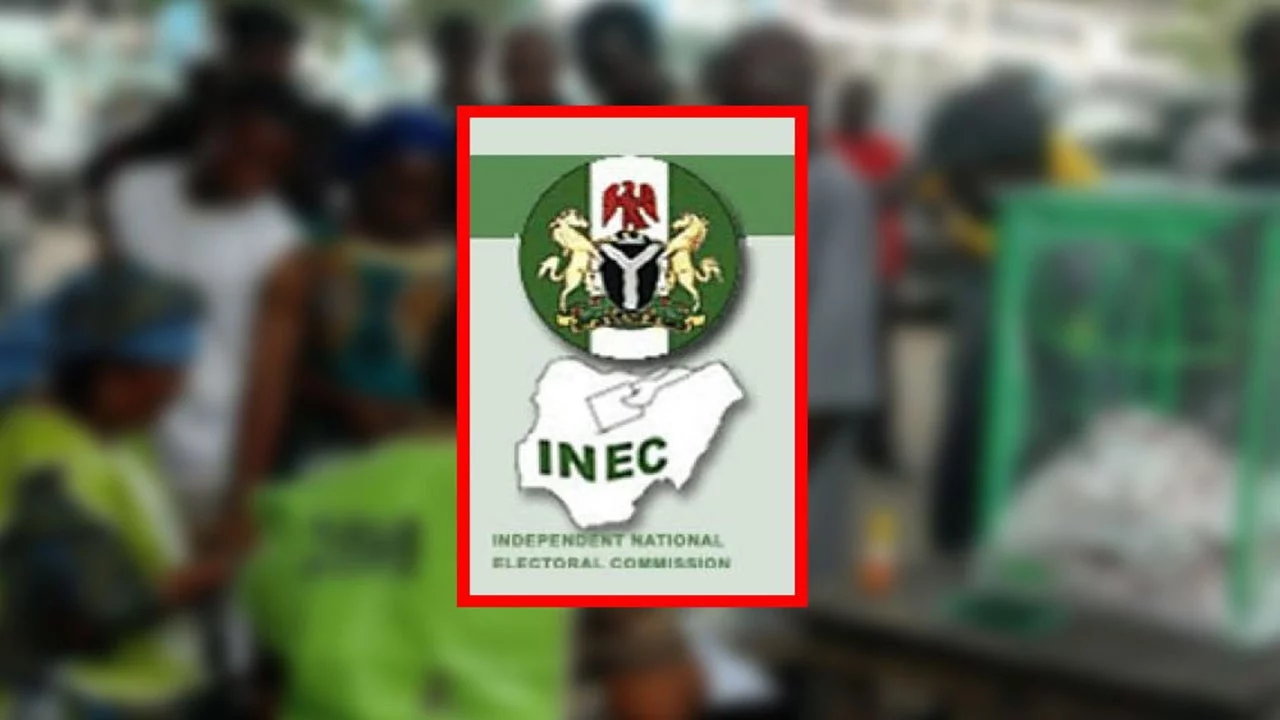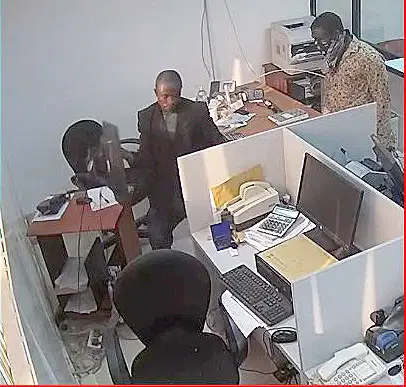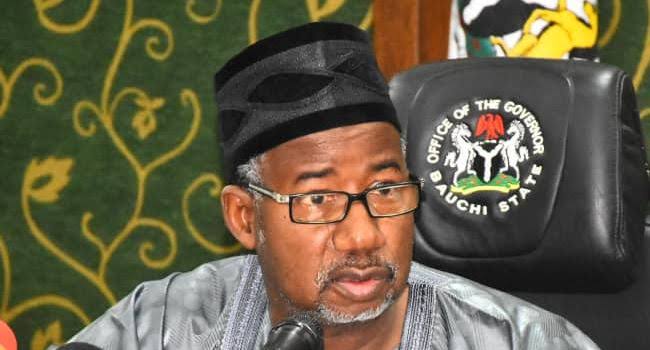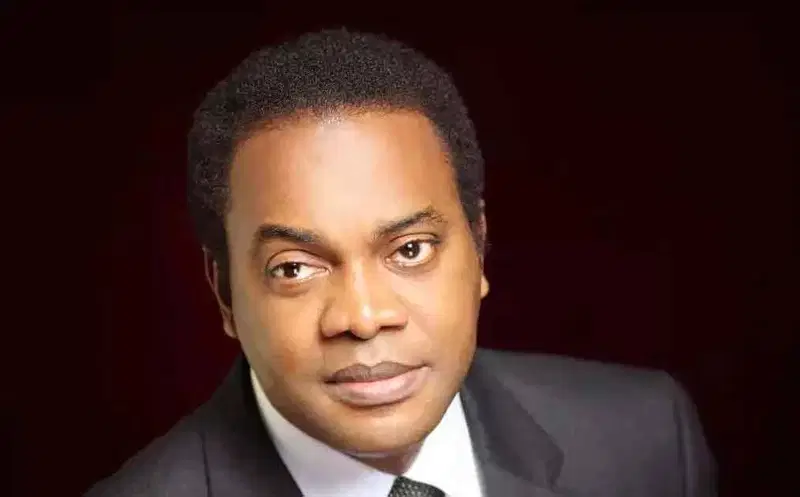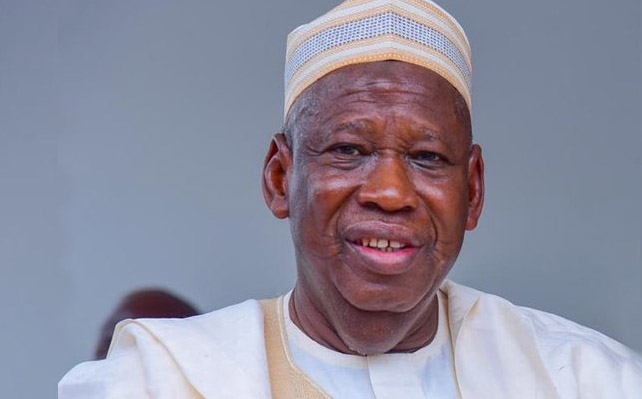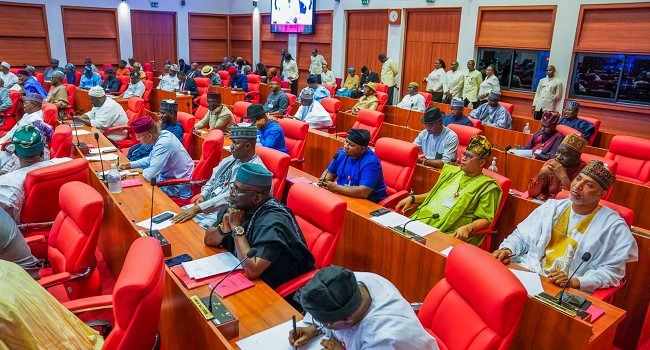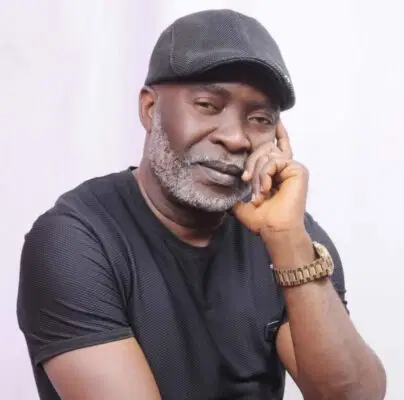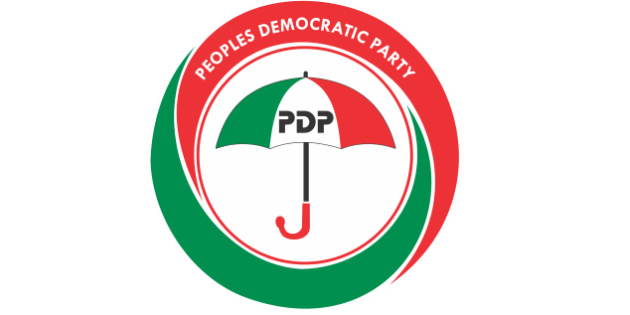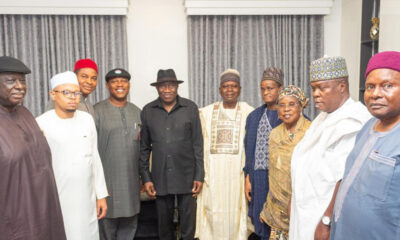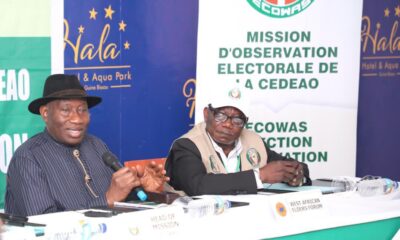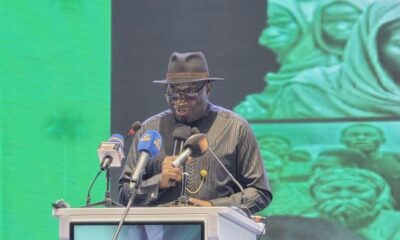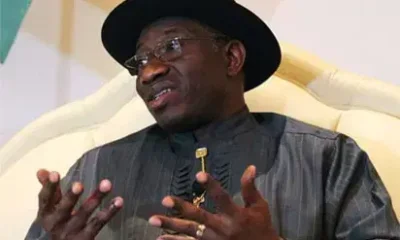News
How Jonathan shelved fuel Subsidy Removal over Boko Haram threat – Sanusi
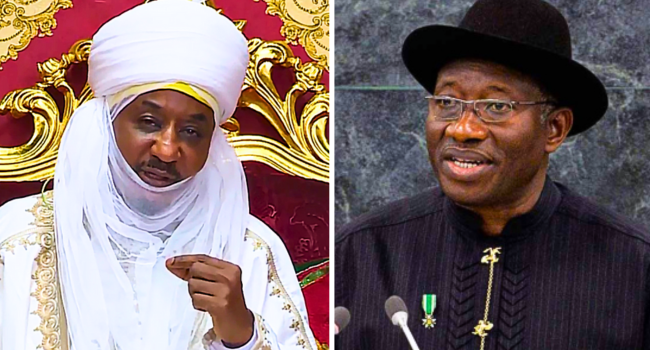
The Emir of Kano, Muhammadu Sanusi, has revealed that former President Goodluck Jonathan’s administration abandoned plans to remove the fuel subsidy in 2011 due to security concerns at the height of the Boko Haram insurgency.
Sanusi, who served as the Central Bank of Nigeria (CBN) Governor from 2009 to 2014, made the revelation at the Oxford Global Think Tank Leadership Conference in Abuja on Tuesday.
He explained that the current economic hardship in Nigeria is a direct result of the government’s failure to remove the subsidy more than a decade ago.
“The only reason the government compromised at that time and did 50 per cent to 100 per cent was Boko Haram. There were thousands of Nigerians on the streets in Lagos, Kano, Kaduna, and other cities. There was a fear that one day, one of these suicide bombers would go to these Nigerians and explode bombs, and you would have 200 corpses—it would no longer be about subsidy,” Sanusi said.
He, however, praised Jonathan for his determination to push through the reform despite public opposition.
“You have to give President Jonathan the credit. He was determined to do it, but at the end of the day, the compromise was made to save Nigerian lives,” he added.
Sanusi further stated that had the subsidy been removed in 2011, the economic challenges Nigerians now face would have been much milder.
“If Nigerians had allowed the Jonathan government to remove the subsidy in 2011, there would have been pain. But that pain would have been a very tiny fraction of what we are facing today. This is the cause of the delay,” he explained.
According to him, the CBN had already calculated the economic implications at the time.
“We worked out the numbers in the Central Bank. I stood up and put my credibility on the line and said, remove the subsidy today. Inflation moves up from 11 per cent to 13 per cent, I will bring it down in a year,” Sanusi recalled.
He maintained that Nigeria’s current inflation rate—now above 30 per cent—could have been avoided if the decision had been implemented earlier.
“We talk about these things because it’s important. There is a kind of poetic justice that it is actually the people who led the Occupy Nigeria movement who ended up inheriting the problem and having to do it,” he said.
President Bola Tinubu eventually removed the long-standing fuel subsidy during his inauguration on May 29, 2023.
The subsidy, first introduced in the 1970s to make fuel affordable, had become a massive financial burden on the government. Tinubu’s decision, supported by international partners, was aimed at stabilising public finances but triggered sharp increases in petrol prices, transportation costs, and food inflation.
By 2024, inflation had surged beyond 30 per cent, and nearly half of Nigerians were living below the poverty line. While critics argue that the policy worsened living conditions, supporters insist it was a necessary step to restore economic stability and promote long-term growth.
-

 News2 days ago
News2 days agoOmokri rejects Sowore’s Tinubu ‘Drug Lord’ defence
-

 National News2 days ago
National News2 days agoParliament passes Tinubu’s N58.18trn 2026 budget for second reading
-
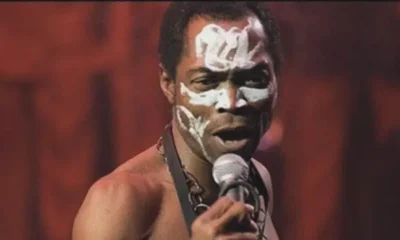
 News2 days ago
News2 days agoFela Kuti to receive posthumous lifetime achievement Grammy Award, first for an African musician
-
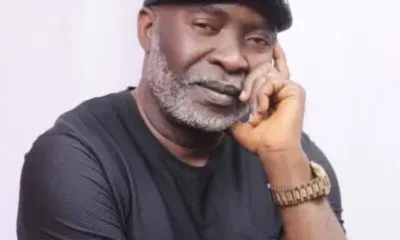
 News1 day ago
News1 day agoNollywood Actor Stanley Amandi arrested over alleged coup plot against Tinubu
-
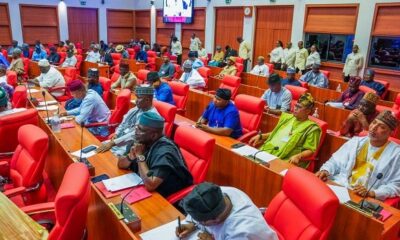
 National News1 day ago
National News1 day agoSenators lament funding shortfalls, warn of budget implementation crisis
-
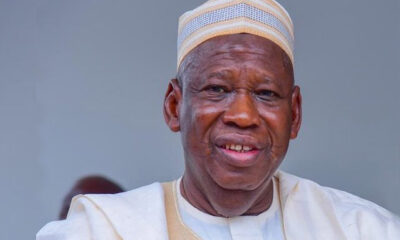
 News1 day ago
News1 day ago2027: North will stand with Tinubu, claims of defection are a big mistake — Ganduje
-
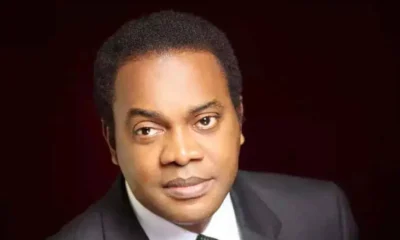
 News1 day ago
News1 day agoDonald Duke dumps PDP for ADC, gets membership card in Calabar
-
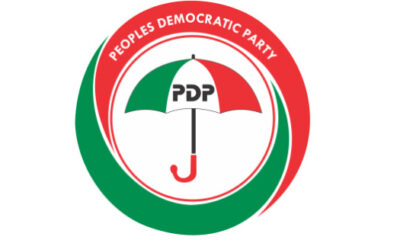
 News2 days ago
News2 days agoPDP affirms Turaki-Led leadership after Ibadan Court declines mandamus order

